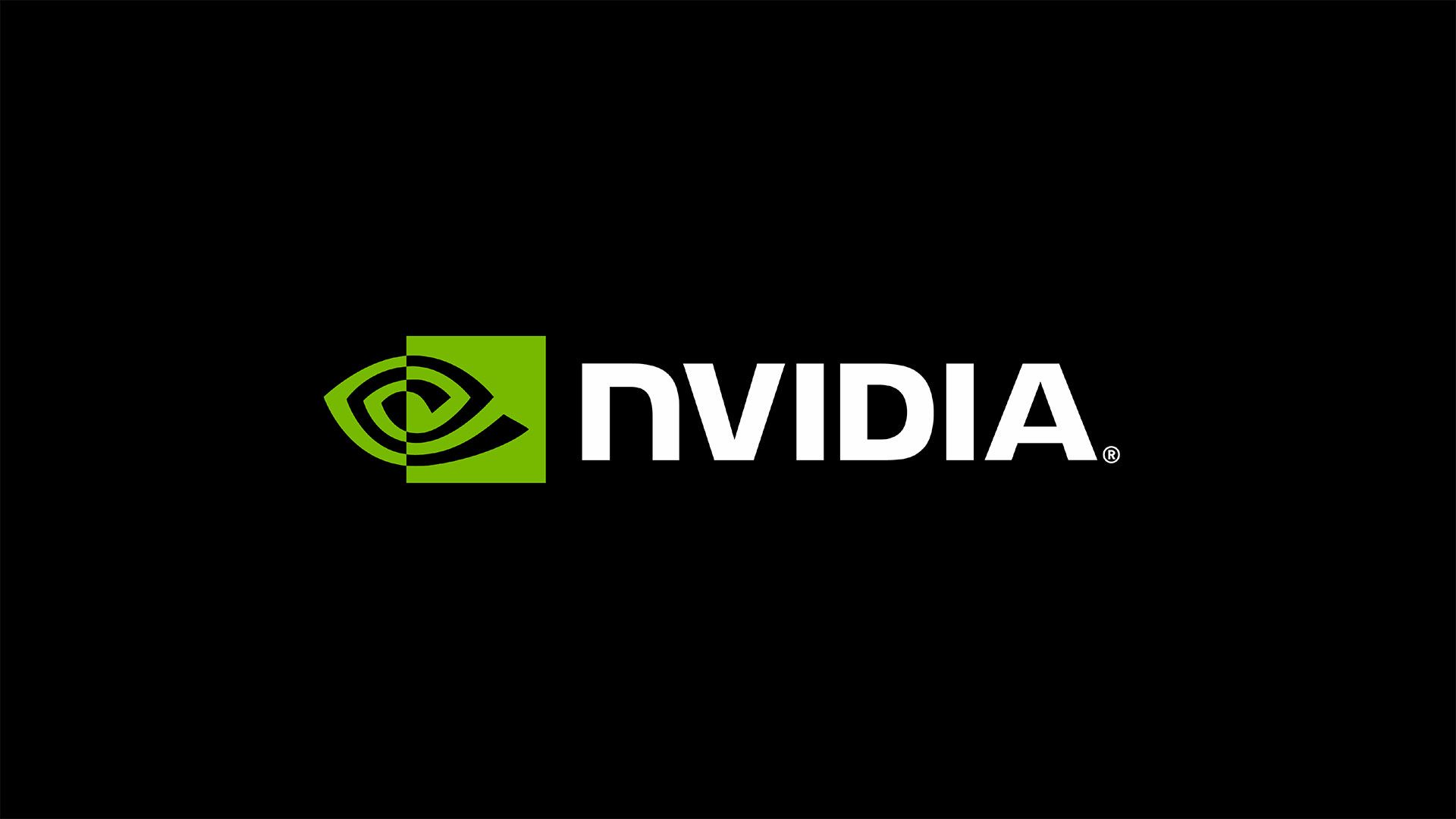
Nvidia reduced robot training from 3 months to 36 hours with GR00T N1.5
Nvidia presented an updated version of its humanoid robot base model Isaac GR00T N1.5 at the Taipei International Computer Exhibition. The main breakthrough of the new development lies in the radical reduction of the robot training cycle. The traditional process, which took about 3 months, is now compressed to 36 hours thanks to the use of data synthesis technology. This solves one of the most serious problems in robotics — the lack of data for training.
A key role in this breakthrough is played by the GR00T-Dreams tool, created based on the Cosmos Predict world model. This system can generate demonstration videos of various tasks in different environments using just one image. At the same time, so-called “action tokens” are extracted from the generated data, which are then used to train the robot. This creates a closed loop where artificial intelligence itself generates data for training.
Real tests showed that the response speed of the N1.5 model increased by more than 40% in scenarios such as adaptation to new environments, configuration of various spaces, and formation of complex commands. This is a significant improvement, especially for dynamic industrial scenarios.
Major companies such as Boston Dynamics and Foxconn have already joined the platform to accelerate the implementation of humanoid robots in manufacturing, logistics, and other areas.
